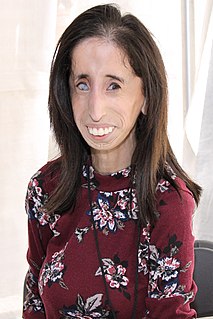A Quote by David Sedaris
I felt uncomfortable calling myself a writer until I started with 'The New Yorker,' and then I was like, 'Okay, now you can call yourself that.'
Related Quotes
I've been writing for a long time, since the late '60s. But it hasn't been in the same form. I used to write scripts for television. I wrote for my comedy act. Then I wrote screenplays, and then I started writing New Yorker essays, and then I started writing plays. I didn't start writing prose, really, until the New Yorker essays, but they were comic. I didn't start writing prose, really, until the '90s. In my head, there was a link between everything. One thing led to another.
I think I became a better writer after I started writing for the New Yorker. Well, I know I did. And part of it was having my New Yorker editor and part of it is that was when I started really going on tour and reading things in front of an audience 30 times and then going back in the room and rewriting it and reading it and rewriting it. So you really get the rhythm of the sentences down and you really get the flow down and you get rid of stuff that's not important.
William Maxwell's my favorite North American writer, I think. And an Irish writer who used to write for 'The New Yorker' called Maeve Brennan, and Mary Lavin, another Irish writer. There were a lot of writers that I found in 'The New Yorker' in the Fifties who wrote about the same type of material I did - about emotions and places.
When I started making my tracks in the style that people call tropical house, I didn't do it on purpose to make it sound tropical. I made whatever I felt sounded good. I just wanted to make my own thing, and then suddenly people started calling it tropical ... I'm like, 'Yeah, that's probably a good name for it.'




































